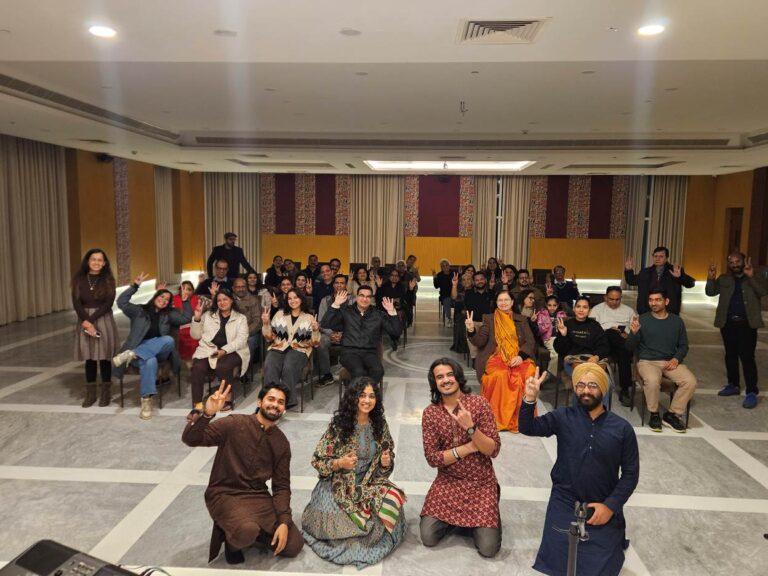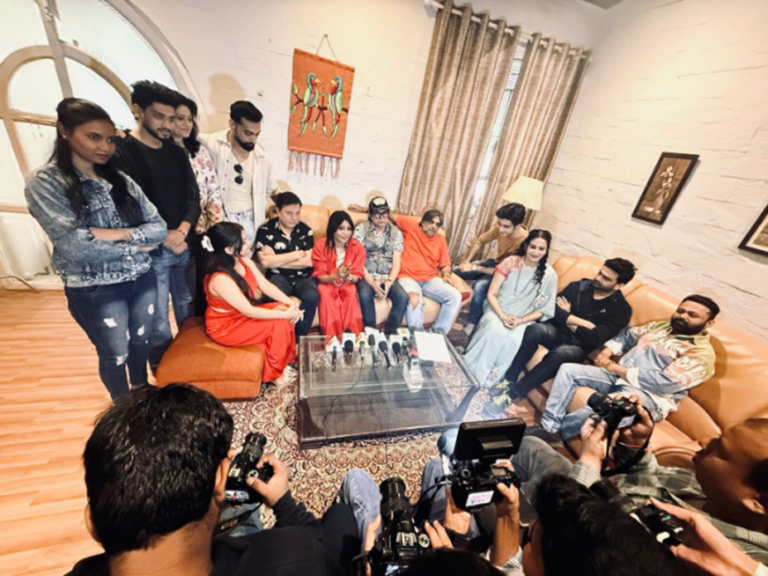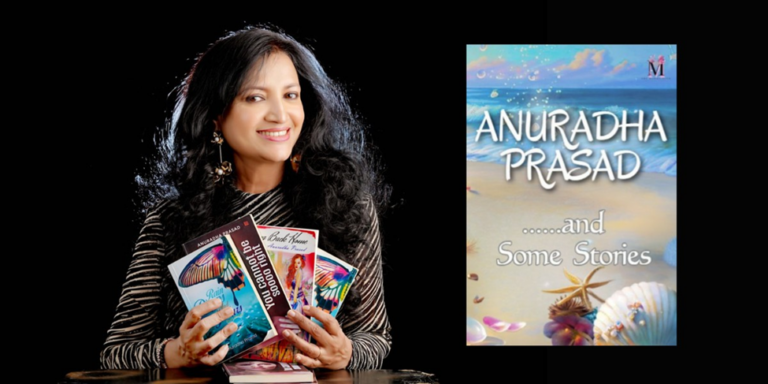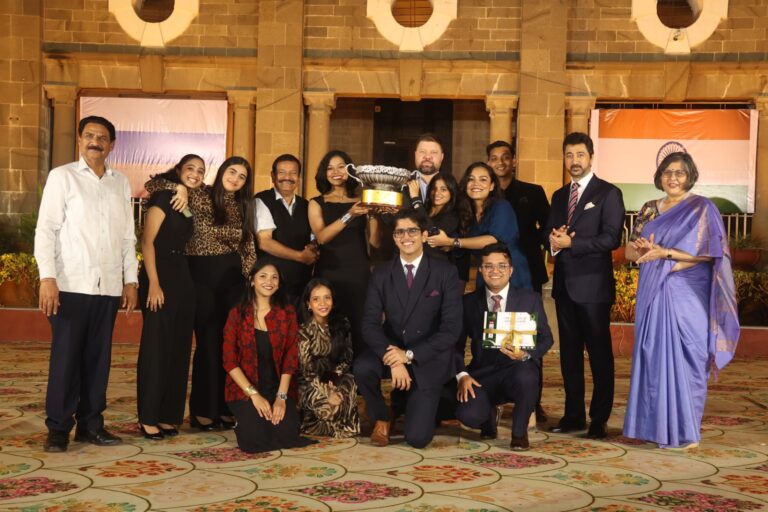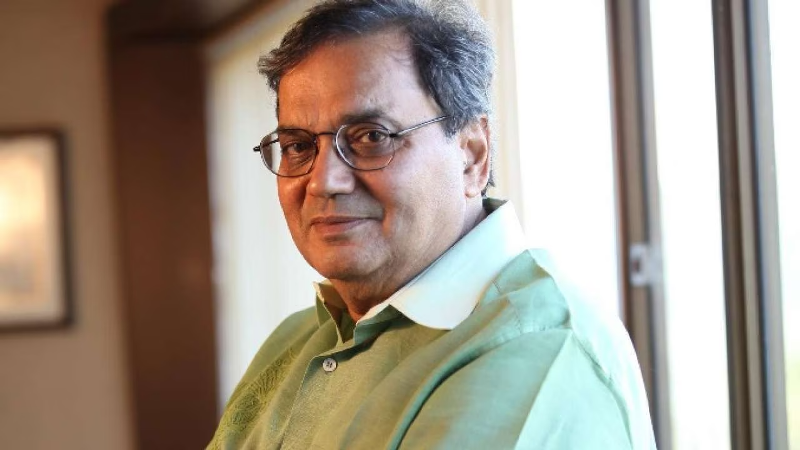
Even though Subhash Ghai will soon turn 80, he still considers himself to be “still 40 and still naughty.” He chuckles and claims he doesn’t celebrate birthdays. “It’s a very private family affair. However, they are more eager to celebrate than I am. For me, a birthday is just another day. I get up, exercise, and go to work. Even today, I get up at 7:00 a.m. and work for ten hours a day. “I’m as good as I was when I was 40; I never realized my calendar age,” he says.
The director of several hits, including Karz (1980), Meri Jung (1985), Kaalicharan (1976), and Pardes (1997), is still working on a web series and films. On one of them, he also serves as a creative director. He does, however, surprise us by revealing that he has never watched any of his work to date.
“I’ve always made a variety of films. I created a Yaadein as well as a Black and White version. Khalnayak, Ram Lakhan… each film was a new experiment for me. I disliked repeating myself. When a film ends, it’s over for me forever. You’ll be surprised to learn that I’ve never seen any of my past films. I just smile and change the channel when I’m watching TV. “I remember the audience from back then, how in theatres there would be a lower and upper stall, and a balcony,” he says.
However, the connection with the masses appeared to undergo a volatile change over time. Films today are more concerned with how much money they make in their first weekend than with how long they stay in theaters. Much has changed. Ghai believes that our fascination with how things are done in the West has influenced our sensibilities. “We are Indians, and we have an Indian audience,” says the filmmaker. Main ek bhartiya hoon, isme main clear hoon, aur bhartiya cinema banata hoon. “I always make films for Indian audiences.”
He believes that today’s filmmakers think in English and write in Hindi. “The problem is that makers think in English and make in Hindi,” he continues. What do you think? Jis bhasha mein sochna chahiye, ussi bhasha mein film banani hai. Satyajit Ray never attempted to dominate the Hindi film market. ‘I am a Bengali guy who knows Bengali culture and language, so I will make films in that language,’ he always said. When you watch Korean or other world cinema, you will notice that they make films in their language, with their roots. That is significant.”
Ghai also claims that it is similar to how a poor man is drawn to riches without realizing the difficulties that come with being on the other side.
Jitne hum gareeb hote hain, utni ameeri se attraction hoti hai. Jinka paas paisa hai, unke paas utni hi pareshaani hai jitni gareebon ke paas. Hindustrani bachhe samajhte hain western ban jaayenge toh tarakki kar jaayenge. Yeh galat fehmi hai,” he says.


